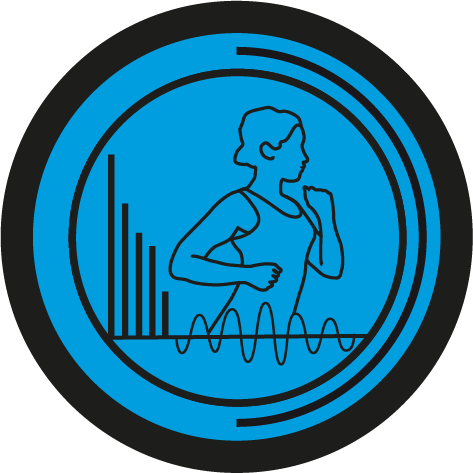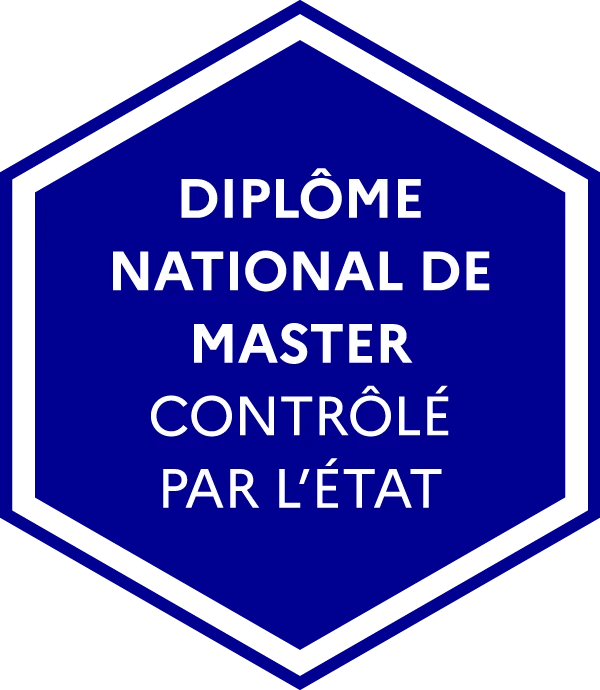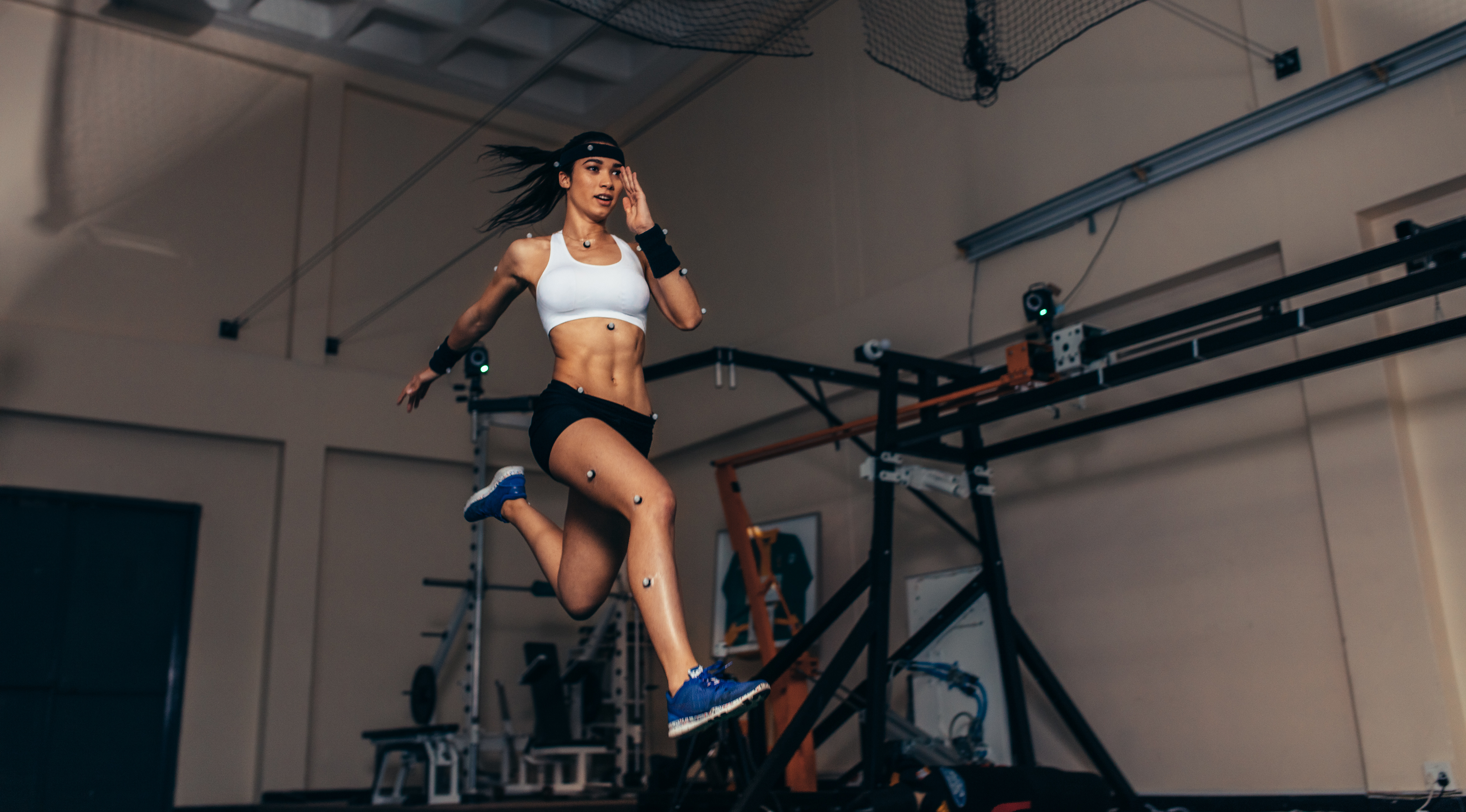General information

- Place: Nantes
- Langue: English
- Tuition fees : 254€/year
 Version française
Version française

 Version française
Version française
The Graduate Programme Human Movement Sciences and Engineering aims to train future experts in biomechanics, physiology, neurophysiology, psychology, and engineering of human movement, who will contribute to addressing tomorrow’s challenges in health and sports performance.
Integrated into the school of sport sciences (UFR STAPS) of Nantes University and the Graduate School Biology & Health, the programme is supported by the internationally recognised research unit Movement, Interactions, Performance (MIP – UR 4334)
This interdisciplinary training programme offers degrees at both Master’s and Doctorate levels. It focuses on the analysis, control and optimisation of human movement through a multidisciplinary approach combining human biomechanics, physiology, psychological sciences, and data science Students will acquire high-level scientific, methodological and technological skills and develop innovative research projects on physical and sports performance, rehabilitation, and movement-related disorders.
Research internships and projects can be conducted within our laboratory or through collaborations with national and international academic and industrial partners.
Students must have completed a bachelor degree preferentially in: sport sciences (STAPS), medicine, physiotherapy, biology, neuroscience, psychology or engineering.
English : the applicants must fulfill one of the following conditions:
Selection: file examination
Application procedure for the 2026-2027 academic year
If you are a French national or a citizen of the European Economic Area + Switzerland, Monaco and Andorra: to find out when the platform opens and closes, and to submit your application, go to the Master's application page.
You are a citizen of a country outside the European Economic Area + Switzerland, Monaco and Andorra :
For further information, please consult our Admission to Nantes University page.
Documents required :
More than 50% of the courses taught in English. French courses include a direct translation using English-language support materials.
The first year is structured around interdisciplinary teaching blocks combining scientific theory, methodological skills, and applied experience. Courses are grouped into thematic clusters on biomechanics and motor control.
|
Sport performance
|
Health
|
More than 50% of the courses taught in English, including strong research immersion and professional development at the core.
The second year is designed to consolidate scientific expertise and prepare students either for doctoral training or for high-level careers in the fields of sport performance, health, and movement innovation. Emphasis is placed on applied research, interdisciplinary integration, and public communication of science. Part of the courses are grouped into a thematic cluster focusing on movement and psychology. A key objective is that, by the end of the Master, students are actively involved in research outputs, such as contributing to scientific publications, thus initiating their track record in academia.
Sport performance
|
Health
|